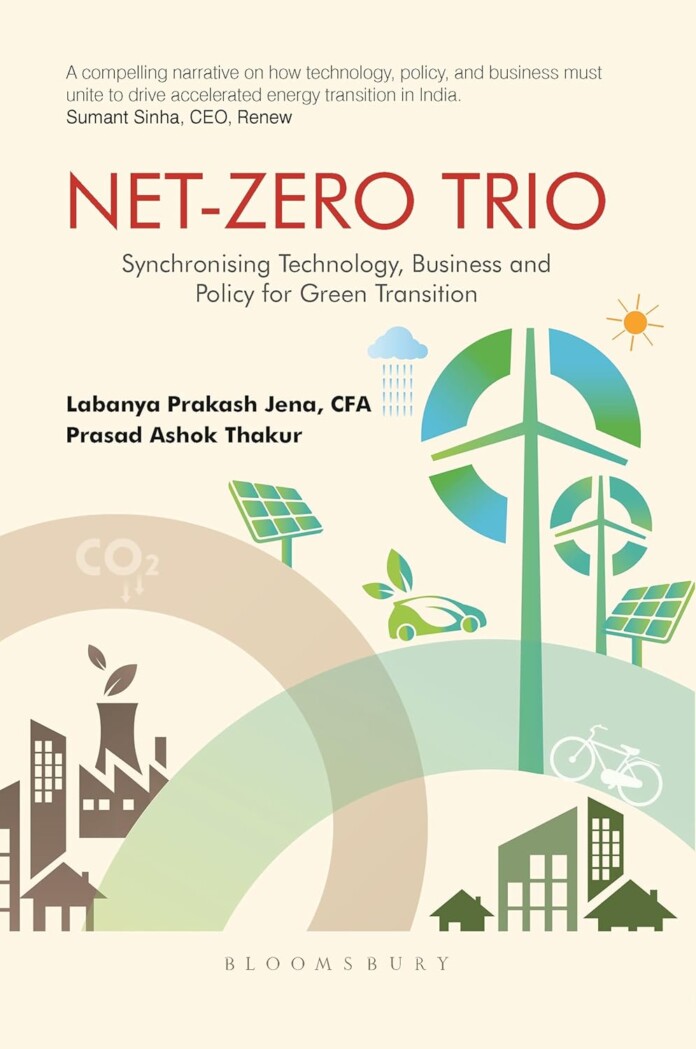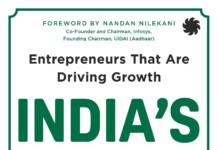‘Net Zero’ and ‘Green Transition’ are used quite loosely today by those who understand little of what it entails. It is not their fault. Like most climate and sustainability concepts, these, too, are full of jargon. This makes the life of policymakers, academia and students difficult. And jargon-heavy books, papers and talks have hindered open and constructive conversations.
The Net-Zero Trio authors have realized this challenge well. Their book is succinct and organized in a way that readers can grasp difficult concepts. This way, readers can appreciate the challenges and immense opportunities Net Zero and Green Transition offer in crafting solutions for climate action.
The book’s strength is its integrated approach. This is critical because we see people talking and working in silos. This way, we are going to miss all the targets that have been set. ‘Synchronizing Technology, Business and Policy’ is the holy grail in navigating the green transition.
People in the water space are amused at the ‘green transition’ concept as it is often referred to as navigating the carbon problem. Addressing climate change is much more than just carbon. In the integration conversation, ‘blue transition’ becomes equally important. The sync principle needs to be taught right from the college level. This book is an excellent textbook for that.
The authors’ deep understanding of India and its challenges is deep, and the suggestions are made well. With two-thirds of the world’s population, India is going to be one of the most hit by climate change. The chapter ‘Seven Priorities for a Transformative Future’ is argued persuasively and presented very well.
However, the political system is not showing a sense of urgency. There’s little progress in addressing acute air pollution and the cleaning of rivers. The hype is about EVs and renewable energy. Even here, it is about solar and wind energy. What about biogas and other less capital-intensive and inclusive solutions? Climate start-ups are not getting the kind of support they should get. There is a huge gap between the announcement of schemes and actual execution.
Net-Zero Trio’s biggest contribution is its strong focus on innovations in Green Finance. Labanya is a thought leader in green and sustainable finance. With Prasad’s expertise as a business leader and a scholar, the book reflects a healthy mix of both their expertise.










